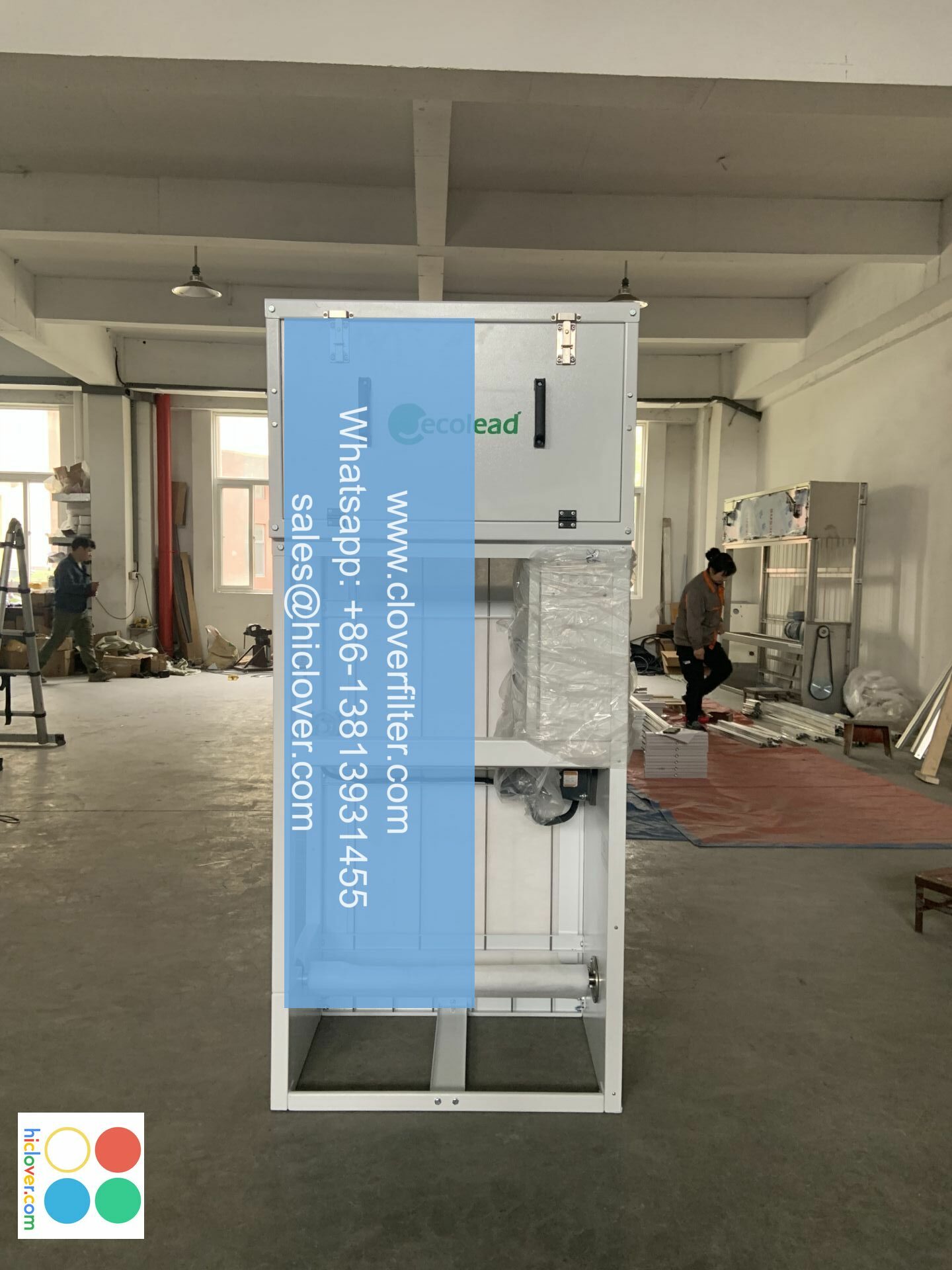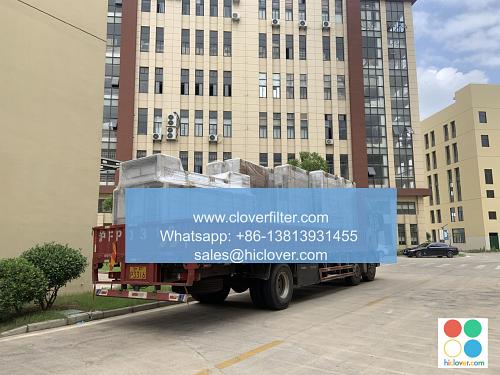Air Filter Applications: A Review of the Common Uses

Air filters have become an essential component in various industries and households, providing a range of benefits from improving indoor air quality to protecting sensitive equipment. In this article, we will review the common uses of air filters, highlighting their applications in heating, ventilation, and air conditioning (HVAC) systems, industrial processes, automotive systems, and medical facilities.
Introduction to Air Filter Types
Before diving into the applications of air filters, it’s essential to understand the different types available. The most common types include MECHANICAL AIR FILTERS, ELECTROSTATIC AIR FILTERS, ACTIVATED CARBON AIR FILTERS, and HEPA (HIGH EFFICIENCY PARTICULATE AIR) FILTERS. Each type has its unique characteristics, making them suitable for specific applications.
HVAC Systems and Indoor Air Quality
Air filters play a crucial role in maintaining good indoor air quality (IAQ) in residential and commercial buildings. HVAC air filters are designed to capture particulate matter (PM), volatile organic compounds (VOCs), and other airborne contaminants, ensuring a healthy and comfortable environment for occupants. Regular replacement of HVAC filters can also improve the energy efficiency of heating and cooling systems, reducing energy consumption and costs.
Industrial Processes and Cleanroom Applications
In industrial settings, air filters are used to protect sensitive equipment and maintain a clean environment. Industrial air filters are designed to capture dust, particles, and other contaminants that can damage equipment or compromise product quality. In cleanroom applications, HEPA filters and ULPA (ULTRA LOW PENETRATION AIR) filters are used to maintain a sterile environment, essential for pharmaceutical, biotechnology, and electronics manufacturing.
Automotive Systems and Engine Protection
In automotive applications, air filters are used to protect engines from dust, debris, and other contaminants that can cause damage or reduce performance. Air intake filters are designed to capture particles and contaminants before they enter the engine, ensuring optimal engine performance and fuel efficiency.
Medical Facilities and Patient Care
In medical facilities, air filters play a critical role in maintaining a sterile environment and protecting patients from airborne pathogens. HEPA filters and ULPA filters are used in operating rooms, patient rooms, and other areas where infection control is essential. These filters are designed to capture 99.97% of particles as small as 0.3 microns, including bacteria, viruses, and other microorganisms.
Conclusion
In conclusion, air filters have a wide range of applications across various industries and households. From HVAC systems and industrial processes to automotive systems and medical facilities, air filters play a critical role in maintaining good indoor air quality, protecting sensitive equipment, and ensuring optimal performance. By understanding the different types of air filters and their applications, individuals and organizations can make informed decisions about the best air filtration solutions for their specific needs. It looks like you forgot to include the prompt!
Please go ahead and provide the prompt, and I’ll do my best to help you with it. What’s on your mind?

